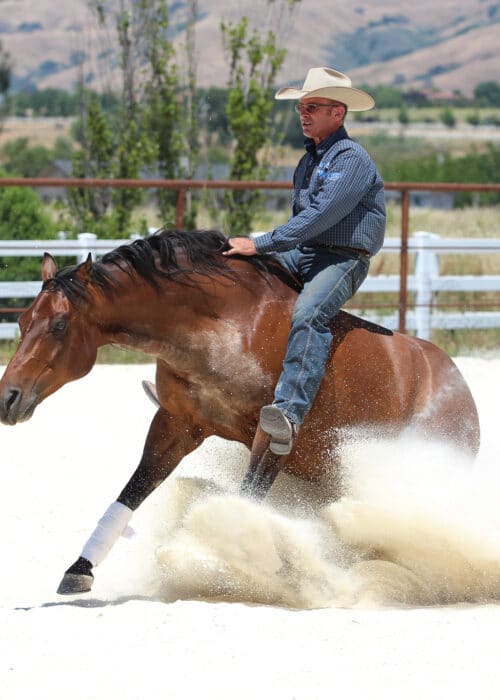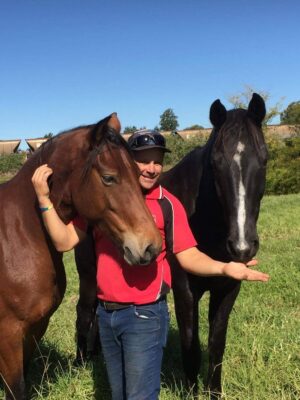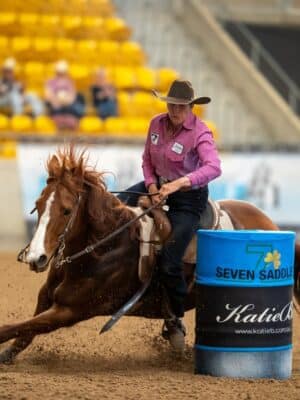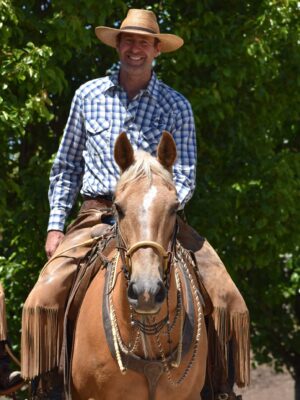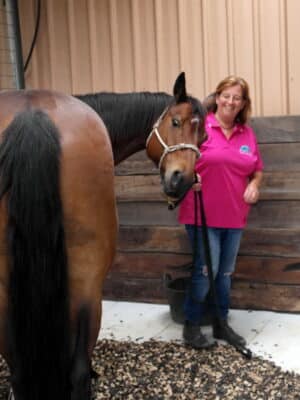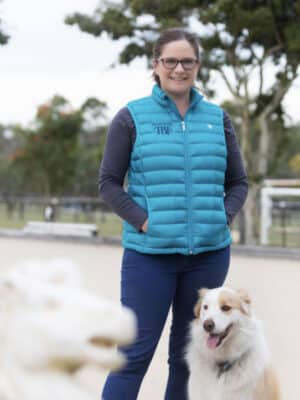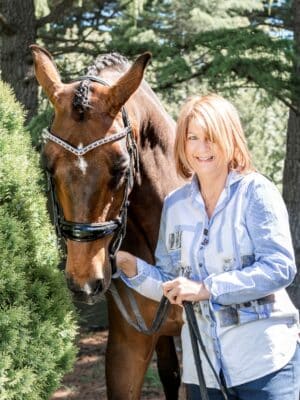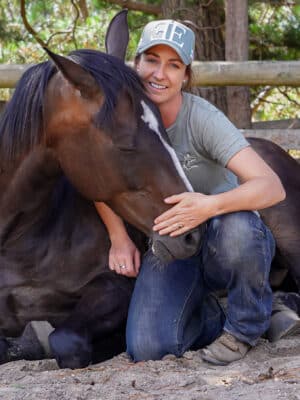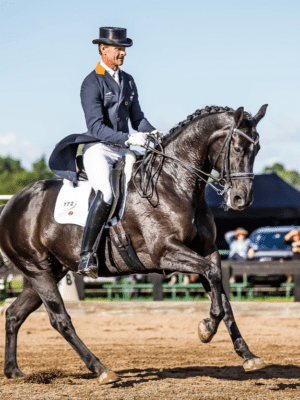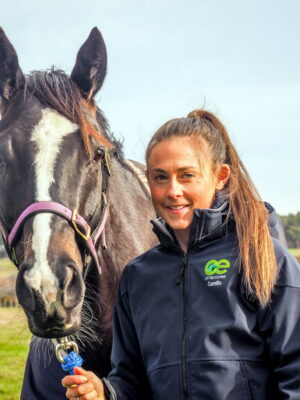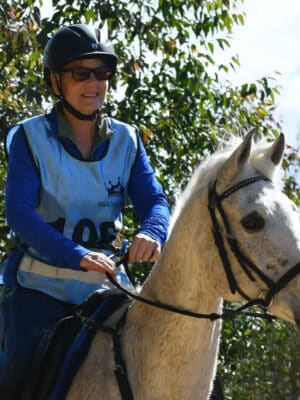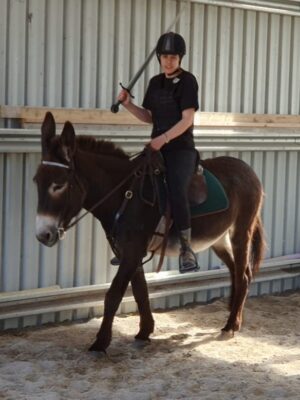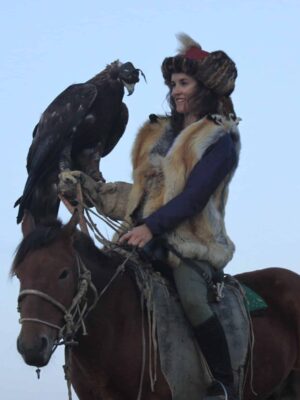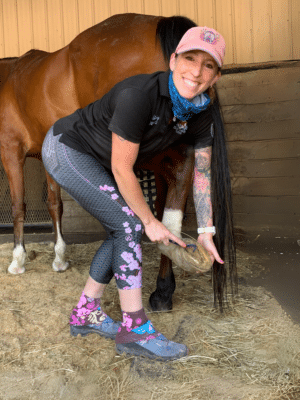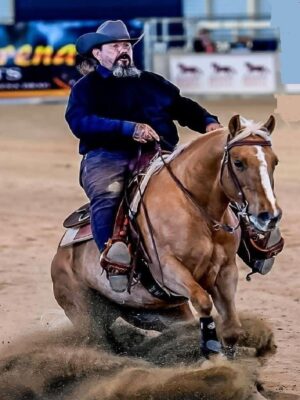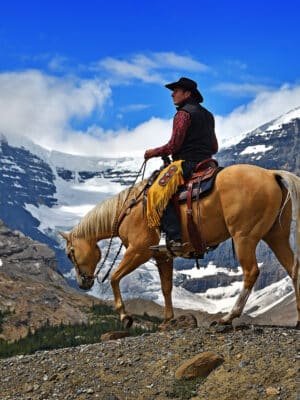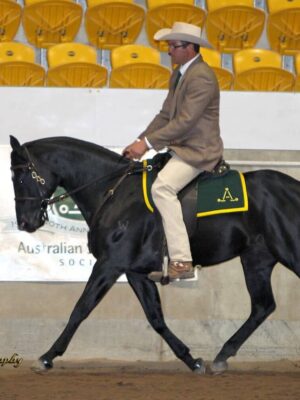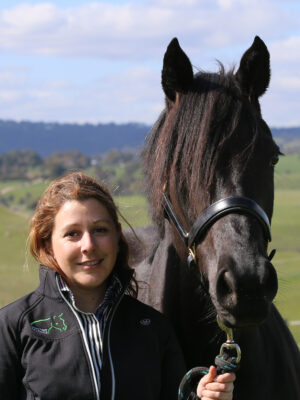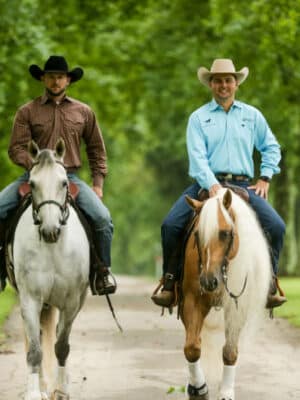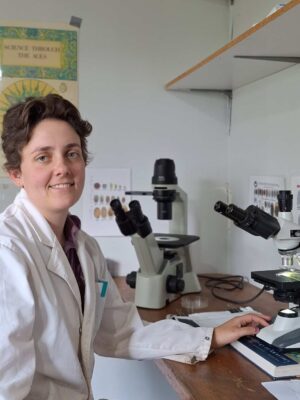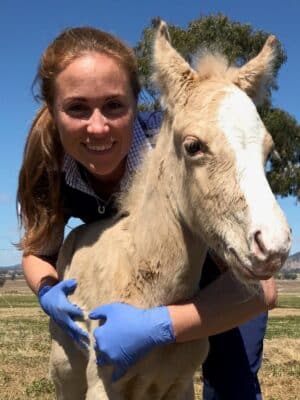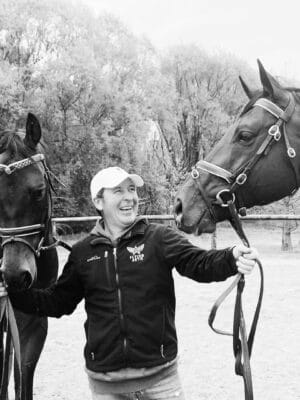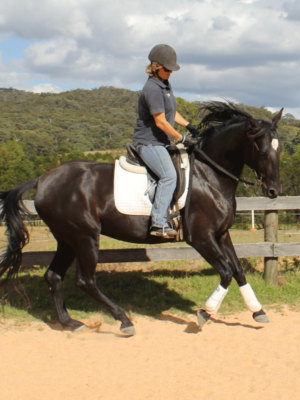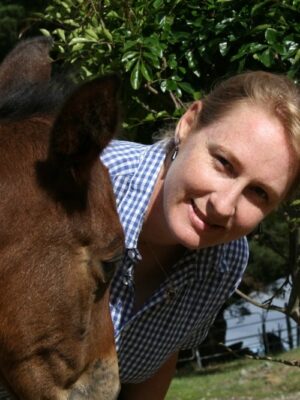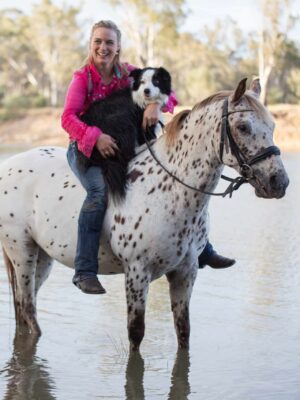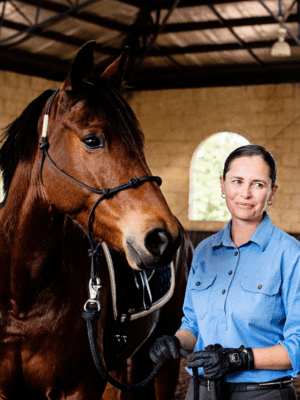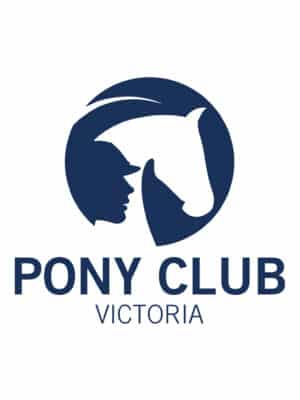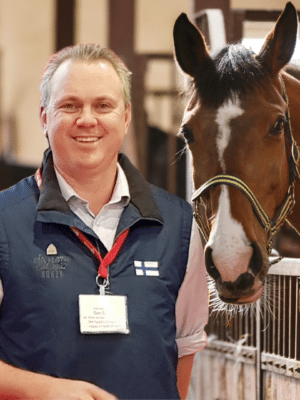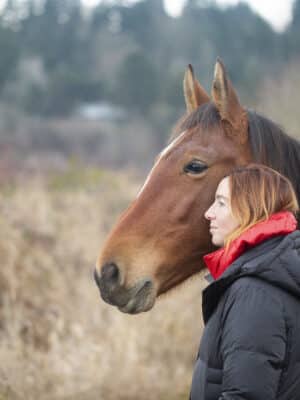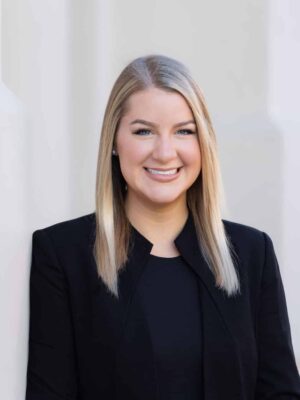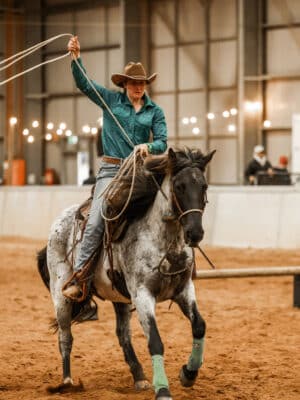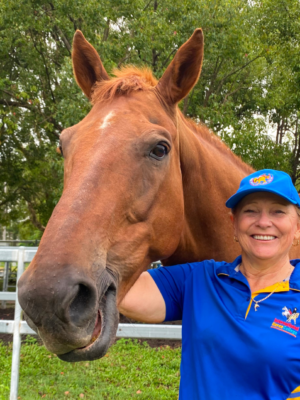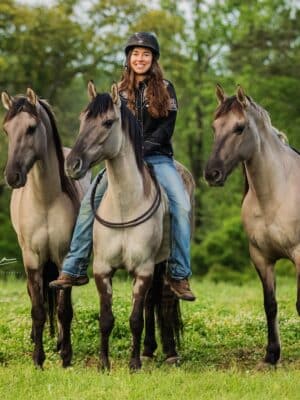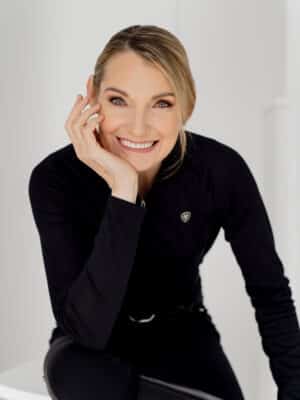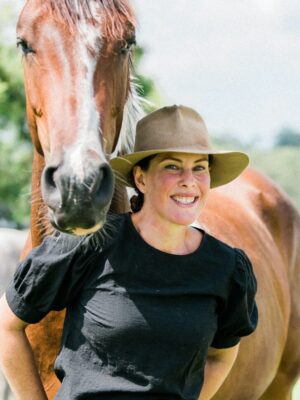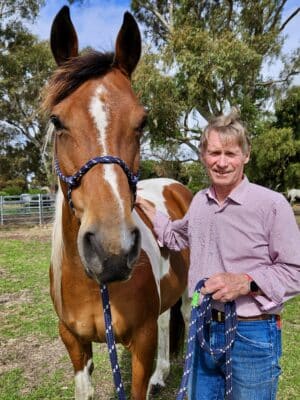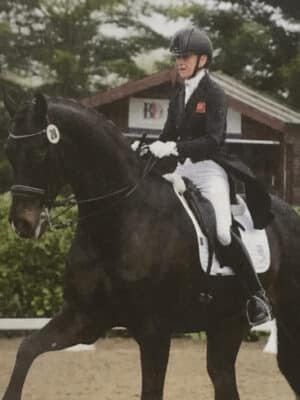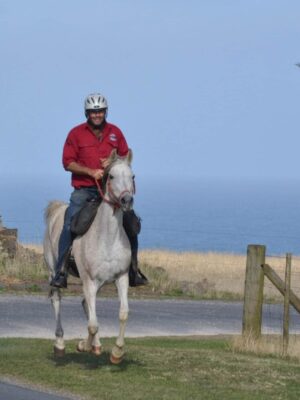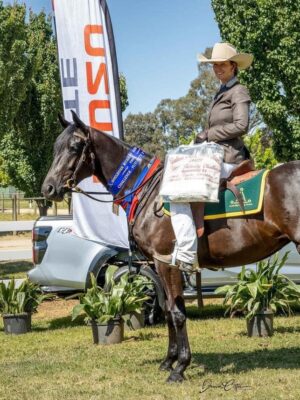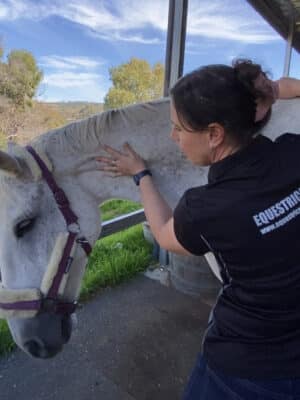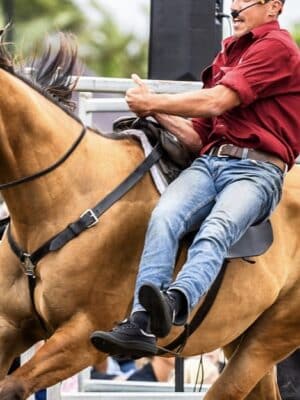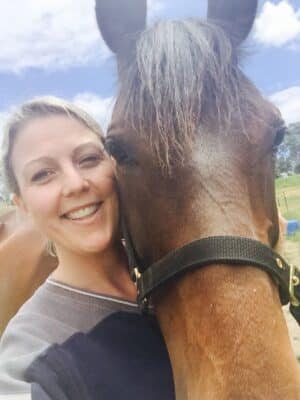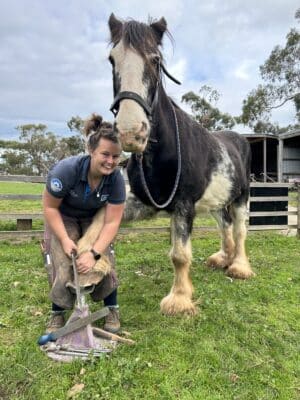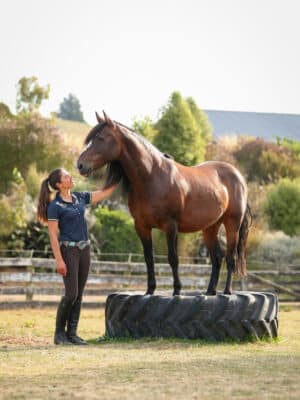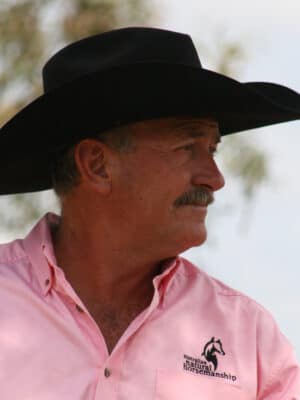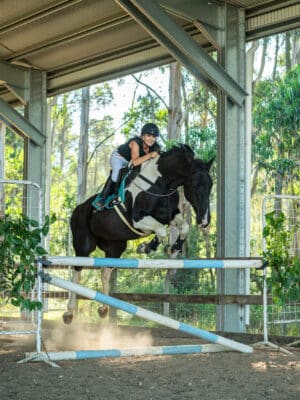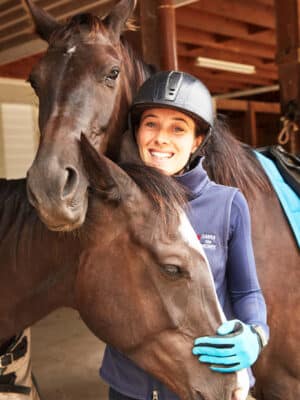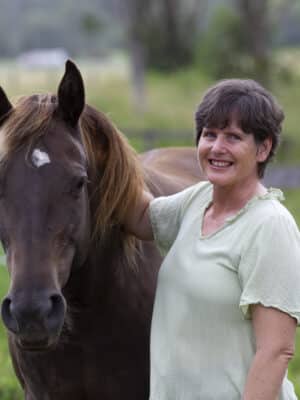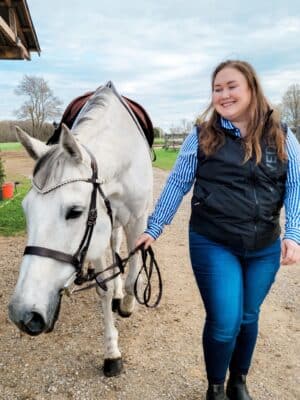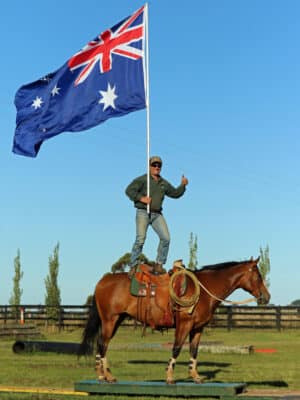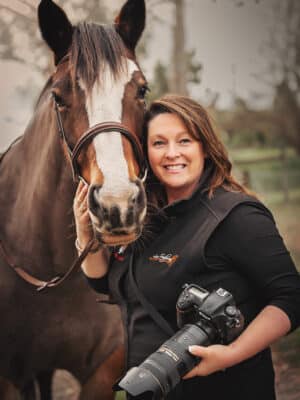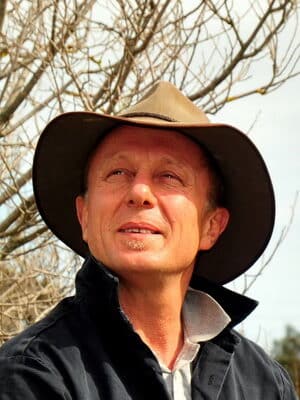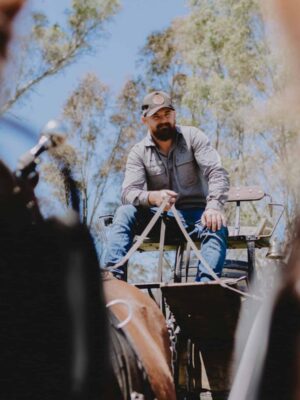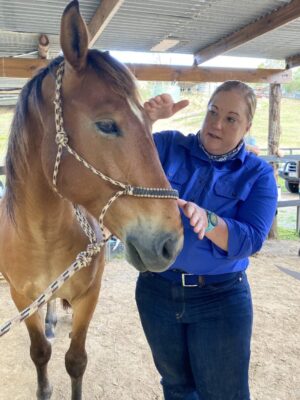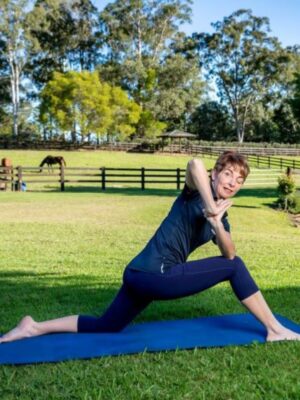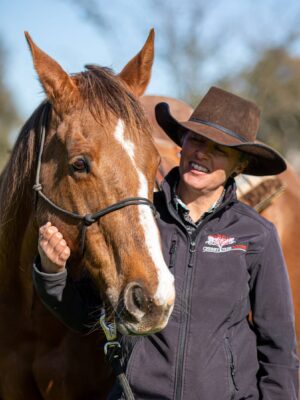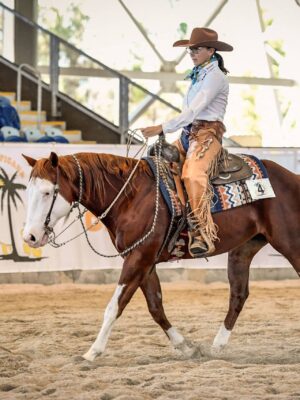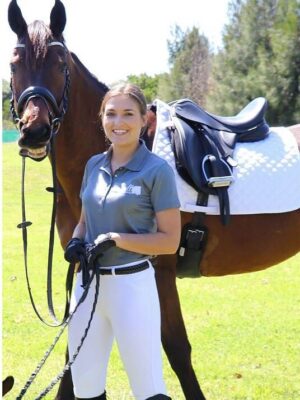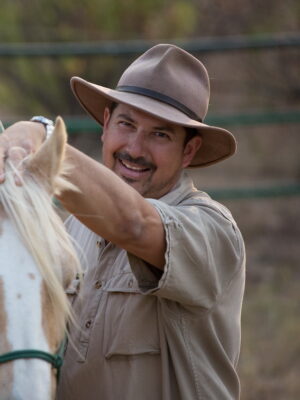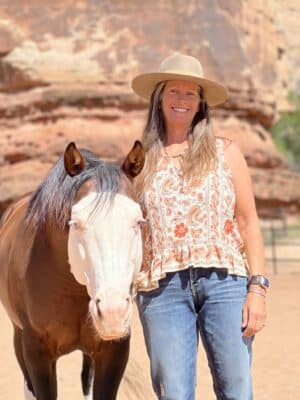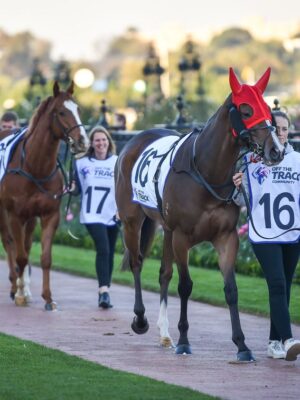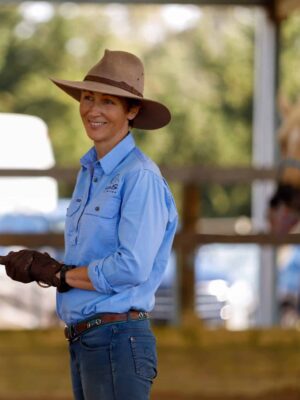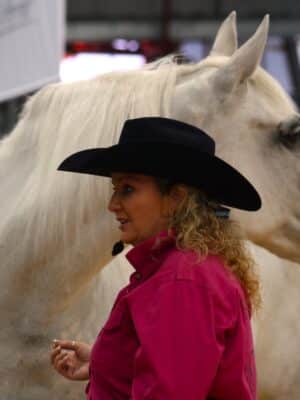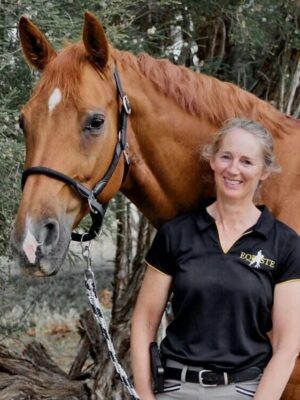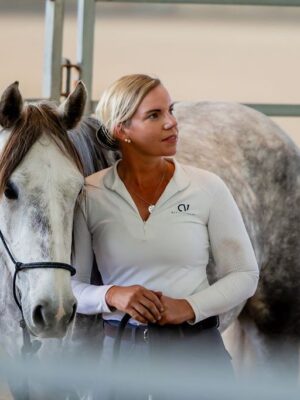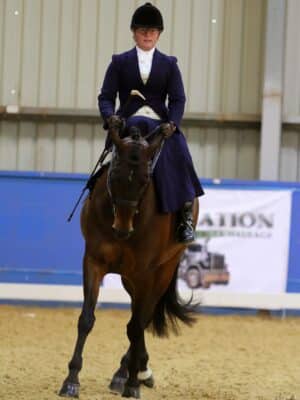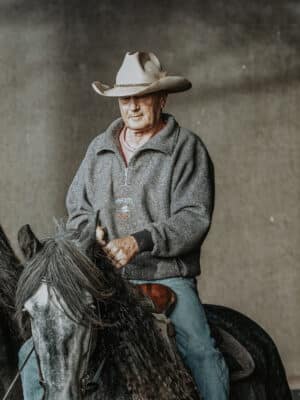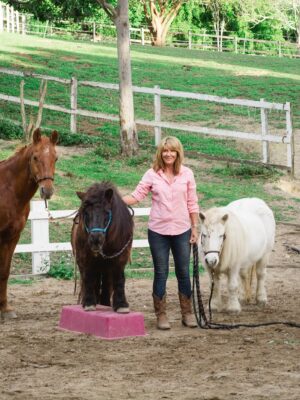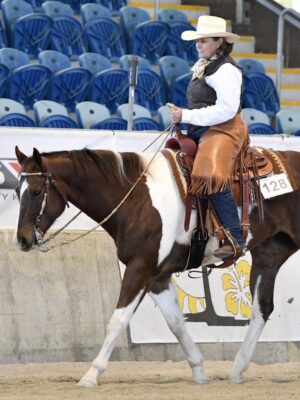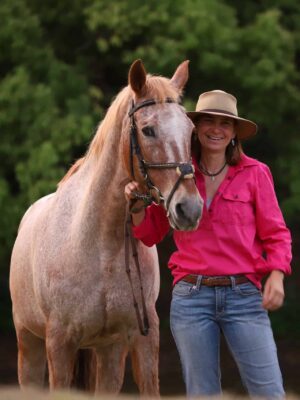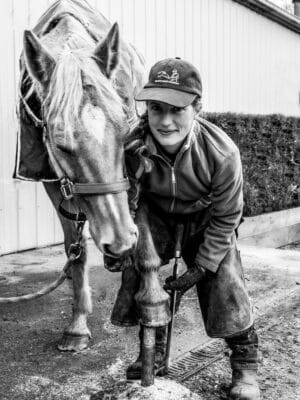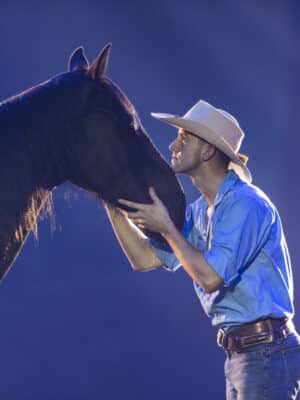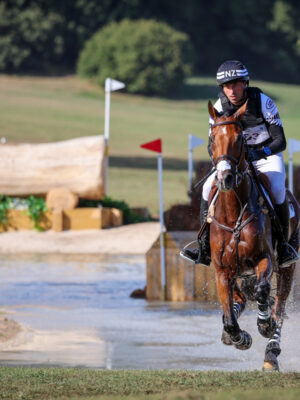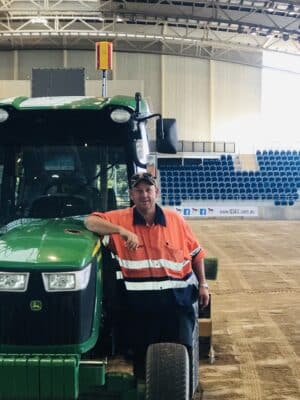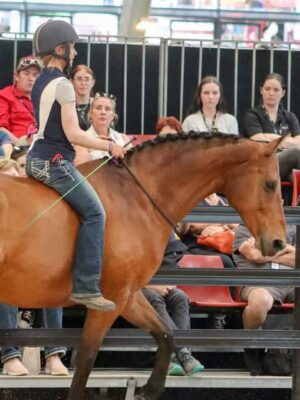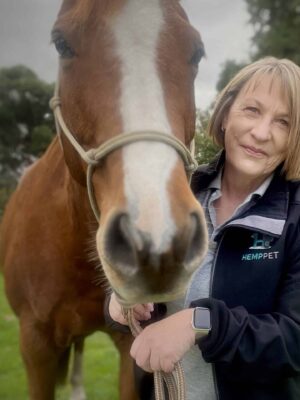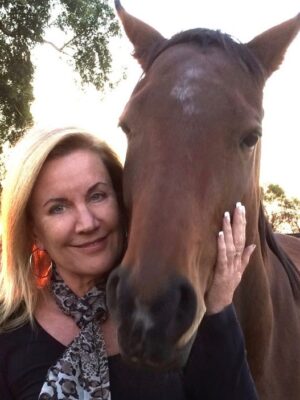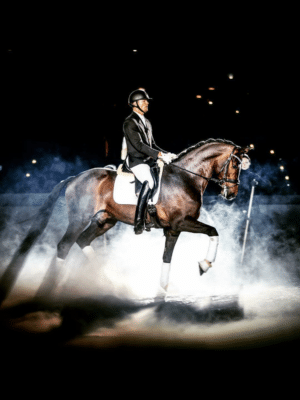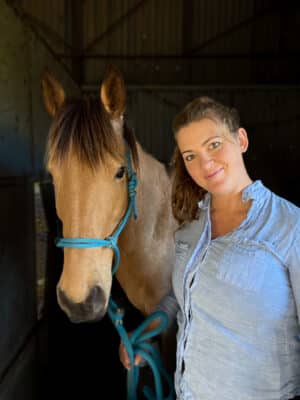Warwick Schiller
Training & Horsemanship
Warwick Schiller has been training horses professionally in the US since 1990.
Initially his passion was Reining, and that passion led to representing Australia twice at the World Equestrian Games, in Lexington, Kentucky in 2010 and Tryon, North Carolina in 2018. Along the way, Warwick discovered not only a passion for teaching, but also that explaining things to people in a way they could understand is what came naturally to him. His horse training journey and his own journey into healing, self-development and personal growth have run parallel to each other. He has always been a student of the horse learning as much as he can from many different sources and disciplines, but a number of years ago he encountered a horse that was not helped by the methods he was currently using at the time. This led him on a deep dive into methods that were outside the norms of current mainstream training, looking more into connection and relationship-based concepts. The more he learned about the horse’s nervous system and how trauma affects it, the more he looked into his own history, and the two have been leap-frogging each other ever since.
Warwick’s Youtube channel, which he started in 2011, has over 25 million views. During COVID in 2020 he started a podcast called the Journey On Podcast, in which he shares not only his healing journey, and horse training ideas, but interviews interesting guests from all walks of life sharing their journeys. The Journey On Podcast had 1.5million downloads in its first 2 years. His online video library boasts over 800 real time training videos. Warwick is excited to be back at EQUITANA, and is looking forward to seeing old friends and meeting new ones.
Visit Warwick Schiller at the following sessions
Details
Thursday November 14th
EQUITANA Classroom (Royal Block)
Adventures on the Gaucho
Warwick and Dan James sit down together to share their adventures riding on the Gaucho Derby in the wild mountains of Patagonia, Argentina. In 2024 equestrian enthusiasts from eleven different countries converged for one fo the world’s toughest adventure horse races – the Gaucho Derby. This grueling race takes place at the end of the world, challenging riders with its diverse terrains and unpredictable Patagonian elements.
Details
Friday November 15th
Stallion Rail Demo Arena, OTT Pavilion
Nervous System Regulation – The key to success in any horse event
Every difficultly encountered with horses can be traced back to some sort of nervous system disregulation within them. From outwardly anxious and explosive behaviours, to less obvious ones that are usually related to shut down states, such as a horse appearing lazy, or a horse being stiff. All of these nervous system states come from a horse not feeling safe.
In this demo Warwick will show simple and easy ways to interact with your horse that will help our horses feel safe not only in our presence but also when asked to do things.
Details
Sunday November 17th
Duncan Equine Group Arena
Relationship Before Horsemanship – The Game Changing Principle
Most horse training techniques start with an attempt to shape or modify a horse’s behaviour.
In this eye opening demonstration, Warwick with show how creating connection with a horse first, before attempting any behaviour modification, is the missing key that can take your horsemanship to the next level. This connection gives them the feeling of safety that allows the shaping of behaviours to be so much easier than by just training alone.
